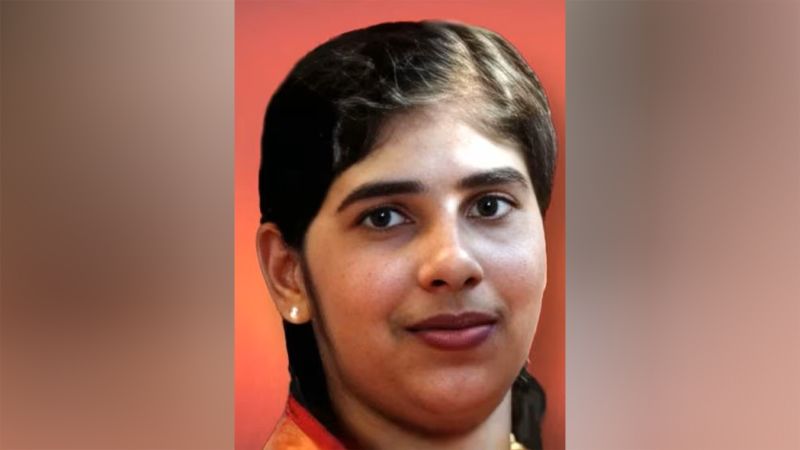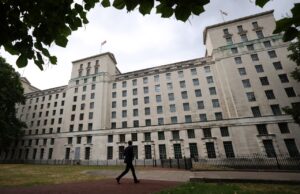
The family of Indian nurse Nimisha Priya is urgently working to prevent her execution in Yemen, where she has been sentenced to death for the murder of her former business partner. The court in the capital, Sanaa, handed down the death penalty in 2020, and Priya’s execution is scheduled for March 15, 2024. Her case has captured significant media attention in India, prompting calls for intervention from various quarters.
Priya, who was accused of injecting her business partner, a Yemeni national, with a fatal overdose of sedatives in 2017, has maintained that she acted in self-defense. Her family argues that she was a victim of abuse and that her partner had restricted her movement by withholding her passport after the outbreak of Yemen’s civil war in 2014. The lack of formal diplomatic relations between India and the Houthi-controlled region complicates her family’s efforts to secure her release.
Human Rights Groups and Political Pressure
With her execution imminent, human rights organizations, including Amnesty International, have urged the Houthis to halt the execution and establish a moratorium on capital punishment. On March 11, Amnesty released a statement asserting that “the death penalty is the ultimate cruel, inhuman and degrading punishment.” In light of this urgency, Samuel Joseph, a social worker assisting Priya’s family, expressed optimism, stating, “I am optimistic… the government of India is directly involved.”
Priya’s family has been actively engaged in negotiations with the victim’s family, leveraging the possibility of a pardon if the family accepts a financial settlement known as diyah, or blood money, as per Yemeni Islamic law. Despite the challenges presented by the absence of an Indian embassy in Yemen, the Save Nimisha Priya Action Council, established by activists and lawyers, has raised approximately 5 million rupees (nearly $58,000) to support her legal fees and negotiation efforts.
Community and Government Involvement
Political figures from Priya’s home state of Kerala have also stepped in, urging Indian Prime Minister Narendra Modi to intervene. Kerala’s Chief Minister Pinarayi Vijayan addressed the Prime Minister, emphasizing the need for compassion and support for Priya’s case. In February, Kirti Vardhan Singh, India’s Minister of State for External Affairs, assured the parliament that the government prioritizes the welfare of Indians abroad and is providing all possible support.
Priya, who moved to Yemen in 2008 to work as a nurse, initially sought to build a better life for her family. Together with her husband, Tomy Thomas, she opened a clinic in Sanaa in 2014. Unfortunately, the ongoing civil war has endangered the lives of many foreign nationals, leading many to evacuate. Despite the risk, Priya chose to remain in Yemen, committed to her business and family.
Her mother, a domestic laborer from Kerala, has been in Yemen for over a year to facilitate negotiations and support her daughter. Meanwhile, Thomas and their daughter remain in Kerala, hopeful for Priya’s release. “My wife is very good, she is very loving,” he stated. “That is the sole reason I am with her, supporting her and will do so till the end.”
As the clock ticks down to her scheduled execution, Priya’s family and supporters continue to navigate the complexities of international diplomacy and the harsh realities of Yemen’s ongoing conflict, hoping for a resolution that will allow her to return home.







